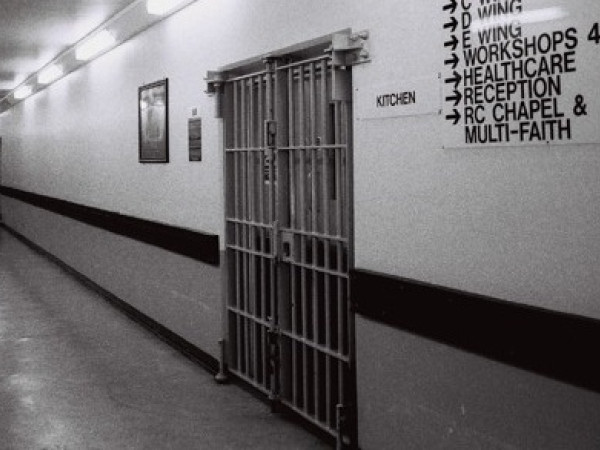
Prisoners serving IPP (Imprisonment for Public Protection) prison sentences, beyond the length set by the court – the so-called ‘tariff’ – should be released “without delay”, the Centre for Crime and Justice Studies says today.
The Centre also calls for those prisoners who have not yet served the tariff set by the court to be given a release date: either through a fresh judicial process, or an executive decision by ministers. And it argues that reparations should be paid to IPP prisoners, reflecting the failure to “provide programmes or meet known mental health needs, and unjustified time in confinement”.
The call comes in a commentary on the Centre’s website by its Research Director, Dr Roger Grimshaw, which previews a forthcoming report, due out later this month, on the profound psychological impacts of the IPP sentence on prisoners and their loved ones. The Centre’s call comes as IPP prisoners, their families and campaigners await the publication of a report on the IPP sentence, by the House of Commons Justice Committee, expected this month.
The IPP sentence was introduced in 2005, with problems emerging within months of its introduction. The IPP sentence was abolished in 2012, but not retrospectively. The government expects over 3,000 prisoners to still be serving IPP sentences by 2026.
In his commentary, Roger Grimshaw argues that evidence “does not support the sentence’s claims of reliable progress towards successful release and psychological recovery: on the contrary, its harms are clear”.
He goes on to argue that “the logic of abolition” should apply to all those under the IPP sentence, and that “to restore a sense of justice and hope, those past their tariff – the vast majority – should be released without delay”. Other prisoners on IPP, who have not yet passed their tariff period, should be given a release date through a judicial or executive process.
Among his other recommendations are:
- A programme of close and immediate support should be provided to enable those released to rejoin their families and adjust satisfactorily to freedom.
- Adequate and prompt state reparations should be assessed on the basis of failures to provide programmes or meet known mental health needs, and unjustified time in confinement.
- A review of all forms of indefinite detention should be instigated in order to arrive at common principles restricting its scope, defining clear limits and establishing powers of review.
- Parliament should create an overarching legislative Code, influenced by provisions in the Human Rights Act, against which any new proposals for legislation on indefinite detention should be tested.